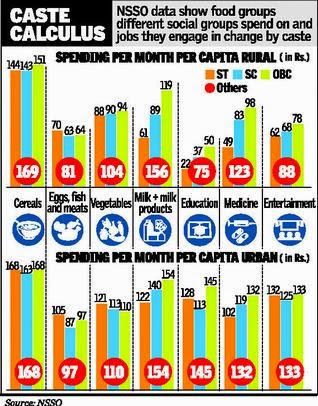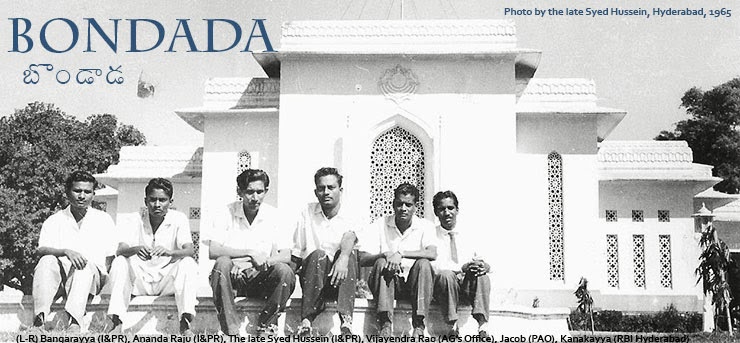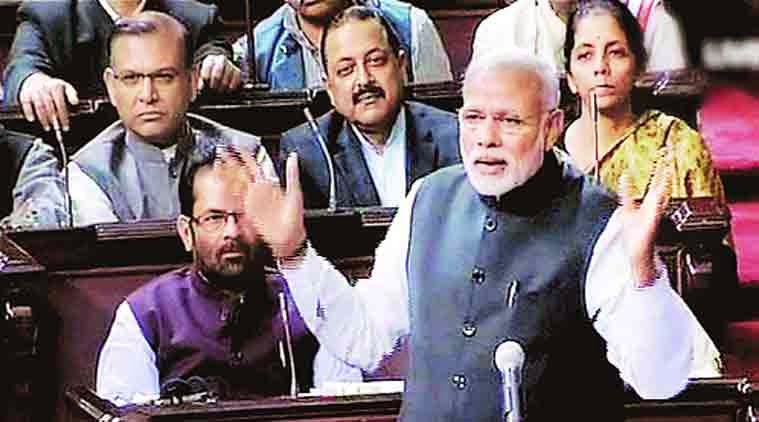Rukmini S.

How much and what people eat and what work they do differs significantly by caste, new data from the National Sample Survey Office show. However, these differences are likely to be correlated, rather than caused by caste.
The NSSO released two new reports this week: one on household consumption expenditure by a social group and the other on employment and unemployment by a social group. The data show that while food takes up a larger share of the total expenditure of Scheduled Tribes (ST) and Scheduled Castes (SC) households, compared with those if Other Backward Classes (OBCs) and “others,” the food items that the different social groups spend on, changes with caste. Higher castes spend significantly more on milk and milk products. But spending on cereals and eggs and meat does not change significantly by caste in absolute terms. Among non-food items, higher castes ramp up their spending on education and rent, the data show.
While in general SC and ST households spend substantially less than OBC and upper caste ones, substantial regional differences exist, the numbers show. The total consumption expenditure of a rural SC household in Tamil Nadu is more than that of an upper caste household in rural Bihar, while that of a rural SC household in Kerala is almost as much as that of an upper caste rural household in Gujarat.
SC households are most likely to be engaged in casual labour in rural areas, but in regular wage jobs in urban areas, the data show, while OBC and upper caste households are more likely to be self-employed or in salaried jobs.
While the new data do not have information on wages, earlier research by Sukhadeo Thorat, Chairperson of the Indian Council of Social Science Research, had shown that even among casual labour, SCs have lower wages. “This should be seen as correlation rather than causation,” a senior NSSO official explained of the new data, asking not to be named.
“SC and ST households are among India’s poorest, and both the occupational profile and consumption patterns should be seen as a function of poverty,” the official added.

How much and what people eat and what work they do differs significantly by caste, new data from the National Sample Survey Office show. However, these differences are likely to be correlated, rather than caused by caste.
The NSSO released two new reports this week: one on household consumption expenditure by a social group and the other on employment and unemployment by a social group. The data show that while food takes up a larger share of the total expenditure of Scheduled Tribes (ST) and Scheduled Castes (SC) households, compared with those if Other Backward Classes (OBCs) and “others,” the food items that the different social groups spend on, changes with caste. Higher castes spend significantly more on milk and milk products. But spending on cereals and eggs and meat does not change significantly by caste in absolute terms. Among non-food items, higher castes ramp up their spending on education and rent, the data show.
While in general SC and ST households spend substantially less than OBC and upper caste ones, substantial regional differences exist, the numbers show. The total consumption expenditure of a rural SC household in Tamil Nadu is more than that of an upper caste household in rural Bihar, while that of a rural SC household in Kerala is almost as much as that of an upper caste rural household in Gujarat.
SC households are most likely to be engaged in casual labour in rural areas, but in regular wage jobs in urban areas, the data show, while OBC and upper caste households are more likely to be self-employed or in salaried jobs.
While the new data do not have information on wages, earlier research by Sukhadeo Thorat, Chairperson of the Indian Council of Social Science Research, had shown that even among casual labour, SCs have lower wages. “This should be seen as correlation rather than causation,” a senior NSSO official explained of the new data, asking not to be named.
“SC and ST households are among India’s poorest, and both the occupational profile and consumption patterns should be seen as a function of poverty,” the official added.
Source: thehindu




